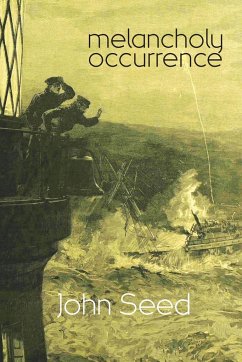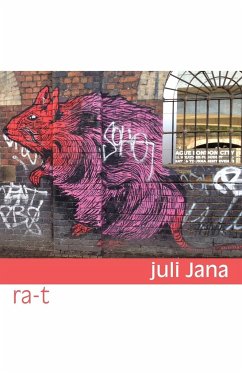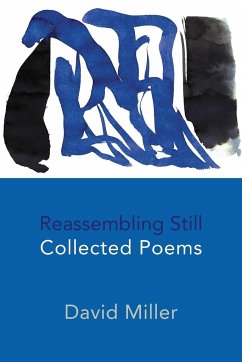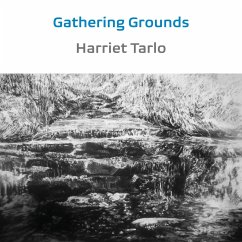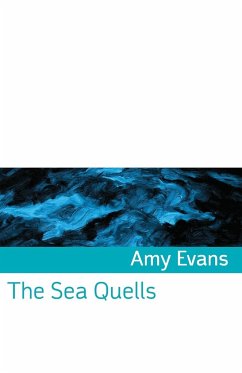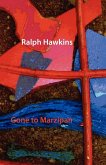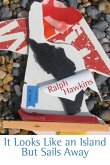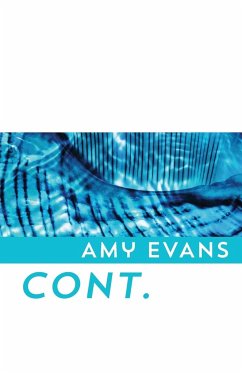melancholy occurrence is the latest in a series of texts through which John Seed investigates the appropriation and reconfiguring of historical materials. Previous volumes in the series include Pictures from Mayhew (Shearsman, 2005) about which Allen Fisher said: 'The substance of this work is astonishing, vivid, felt with a considerable and sensitive intelligence.' Its successor, That Barrikins, (Shearsman, 2007) was commended by Iain Sinclair for its 'reverse archaeology': 'His close ear, and neurotic sensitivity to the way a line breaks, reveals how, in the desperate grind of the city, confession aspires to the condition of song.' And David Caddy commented on the most recent, Brandon Pithouse (Smokestack, 2016): 'The singular fragments, juxtaposed and in disjunction, accumulate to produce a deeply moving montage of statistics and documentary experience. The rhythms and cadence of the vernacular emerge in both pain and humour…' (Tears in the Fence, 2016). melancholy occurrences : accidents and disasters, random events, contingencies, chance, coincidence, everything that a Western propensity for generalisation, explanation and meaning pushes to the margins. These are, we might almost say, moments of an anti-novel, brief narratives in a larger anti-narrative. They certainly owe something to a sustained reading of the nouveau roman and, in particular, the wonderful (and neglected) writing of Claude Simon. Elective affinities to Roland Barthes are also signalled from the beginning, especially his reflections on how the haiku resists interpretation. It is intelligible and means nothing: 'The haiku's task is to achieve exemption from meaning within a perfectly readerly discourse (a contradiction denied to Western art, which can contest meaning only by rendering its discourse incomprehensible)…' (Empire of Signs, 1982).

